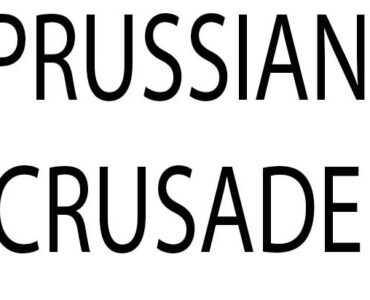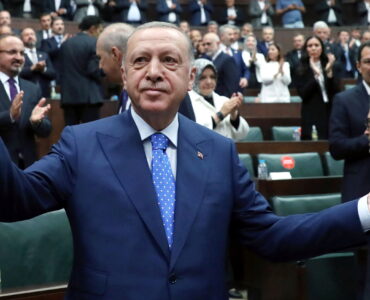
TURKEY
- Instead of negotiating a fair share of newly found oil and gas reserves in the Aegean Sea with Cyprus and Greece, Erdogan has opted for pseudo-nationalistic saber-rattling that drives away would-be investors.
- Taking over the Muslim Brotherhood was supposed to complete Erdogan’s victory over the <Fethullah Gulen> <movement>, leaving ” the Sultan” as the unchallenged aspirant for the leadership of political Islam in and around the Mediterranean.
- Erdogan has expanded the war that Turkey has waged against Kurds for almost half a century to parts of Iraq and Syria. For the past five years, he has been trying to carve out a Turkish fortification in northern Syria’s largely Kurdish region. Turkish experts believe that the adventure is costing around $10 billion a year, almost twice what Ankara gets from Brussels to keep Syrian refugees away from the EU dreamland.
- Erdogan apologists claim that he has put himself “at the center” of the new geostrategic “big game.” Turkey, they say, remains a member of NATO but also a respected partner for Russia. This enables Turkey to talk to the mullahs in Tehran and the mandarins in Beijing. Erdogan can also sell drones to Russians and Ukrainians to kill each other.
- Well, maybe. But anyone who tries to sit between two, not to say several, chairs risks ending up between chairs right on the floor.
It was almost exactly 20 years ago when Kemal Dervis told a group of reporters in Ankara that in “in 20 years,” Turkey would be one of Europe’s two biggest economies alongside Germany.
Shortly after that remark, however, Dervis’s brief tenure as Turkey’s “economic miracle worker” in Prime Minister Bulent Ecevit’s government was over. Dervis was not to become Turkey’s Ludwig Erhard, the man who shaped West Germany’s postwar economic revival, and Ecevit himself soon took his own curtain call.
Yet, at the time Dervis’s prediction didn’t sound too outlandish.
The radical reforms started under Prime Minister and President Turgut Ozal were given a wider scope helping to curb runaway inflation and attracting the largest inflow of direct foreign investment in Turkish history. The corruption that had gangrened the state-dominated Marxist economy was also brought under control, while Dervis’s clever measures saved the banking system from collapse.
So, why is Turkey today, with a per capita Gross Domestic Product (GDP) approximately one-third that of Spain, still in the lower league in Europe?
Today Turkey is returning to the nightmarish inflation that it had sacrificed so much to control. The national currency, the lira, which had stabilized after long yo-yo periods, is once again on a downward slope. For the third year running, Turkey’s trade deficit is expanding at an unprecedented rate while unemployment is also rising at rates unknown since the 1990s.
Some causes of the current crisis are conjectural. Turkey depends on energy imports at a time when oil and gas prices are shooting up. Erhard’s economic miracle in Germany happened when oil was priced at $2.70 per barrel, the equivalent of $32 in current terms. Today, Turkey faces prices well above $100.
At the same time, Turkey, unlike “emerging” economies like Brazil, has few exportable natural resources. Still accounting for 25 percent of GDP, Turkey’s agriculture has been facing growing problems in European markets because of stiffer regulations and the chill in relations with Brussels. When it comes to exports of manufactured goods, the “dumping strategy” adopted under President Recep Tayyip Erdogan’s leadership, means that Turkish consumers pay a higher price than foreign buyers to cover the cost of state subsidies. That in turn adds to the inflationary pressures.
Worse still, part of the earnings from industrial exports is lodged in foreign banks at a time that the flow of foreign direct investment is getting thinner. With the global COVID crisis now in its third year, Turkey has also lost a good part of its income from foreign tourism. In many places in the country now, most of the foreign tourists are low-spending Russians trying to get away from the impact of the Ukraine war.
In the past four years, foreign investment, much of it from oil-rich Arab countries, Iran and Russia, has been directed at real estate projects that create bubbles like the ones that pushed Spain to the brink in the 1980s.
Interestingly, the Turkish diaspora, estimated to be around 12 million, is cutting back remittances and investing less in the old homeland. The grim economic prospects have encouraged emigration, especially by better-educated and more skilled workers who are needed for new technology-based industries. This compounds the problems created by the fall in national research and development budgets to just above 1 percent of the GDP compared, to almost 4 percent in West Germany when Erhard was in charge of the economy.
However, the current crisis may also have deeper political reasons. In his wanton quest for faux-grandeur, Erdogan has embarked on an adventurous and costly foreign policy. He has wasted a lot of money trying to get a seat at the top table in Libya, with zilch for a result.
Another costly whim got Turkey involved in the Transcaucasian conflict, again with no benefit to the Turkish economy. Despite Ankara’s massive support in the war against Armenia, Azerbaijan isn’t even ready to sell oil to Turkey with the same discounts that Russia and Iran offer.
Instead of negotiating a fair share of newly found oil and gas reserves in the Aegean Sea with Cyprus and Greece, Erdogan has opted for pseudo-nationalistic saber-rattling that drives away would-be investors.
Erdogan has also got Turkey involved in glory-chasing costly ventures in Kosovo, North Macedonia, Bosnia-Herzegovina, and Albania, not forgetting the decades-long involvement in occupied Northern Cyprus, which has proved to be both an increasingly costly and an increasingly ugly mistress for the pashas. Another ugly but expensive mistress is the terrorist organization, Muslim Brotherhood (Ikhwan al-Moslemeen).
Erdogan brought it under the Turkish thumb at the cost of damaging ties with Qatar and by bribing the Egyptian and Tunisian leftovers of the Brotherhood leadership.
Taking over the Brotherhood was supposed to complete Erdogan’s victory over the Fethullah Gulen movement, leaving ” the Sultan” as the unchallenged aspirant for the leadership of political Islam in and around the Mediterranean.
Erdogan’s obsession with getting chunks of Syria and Iraq has prevented Turkey from playing a constructive role in stabilizing its two neighbors one way or another. Meanwhile, corruption at all levels is returning with a vengeance, reminding many Turks of the late 1990s when Ankara was dubbed a den of thieves.
Where does all this leave Turkey at the end of the first quarter of the twenty-first century? Confused would be a good place to start. If people do not know where they come from — in Turkey’s situation that would be 400 years of Ottoman rule and one hundred years of secularism — it becomes difficult to know where you are, much less where you are going.
The best thing that Turkey could do right now would be to focus on two or four areas (i.e., building relations with NATO and the EU, rebuilding its economy, and ridding itself of the radical Islamists within its borders — the Muslim Brotherhood, Hamas, Hizbollah, Al Qaeda, and ISIS. This would attract more foreign investment, thereby stabilizing the economy, and bring back the tourism industry. Then, Turkey might find itself to be one of Europe’s two biggest economies alongside Germany, the way Kemal Dervis saw it to be.
Turkey doubles Russian oil imports, filling EU void … Here’s The Story …
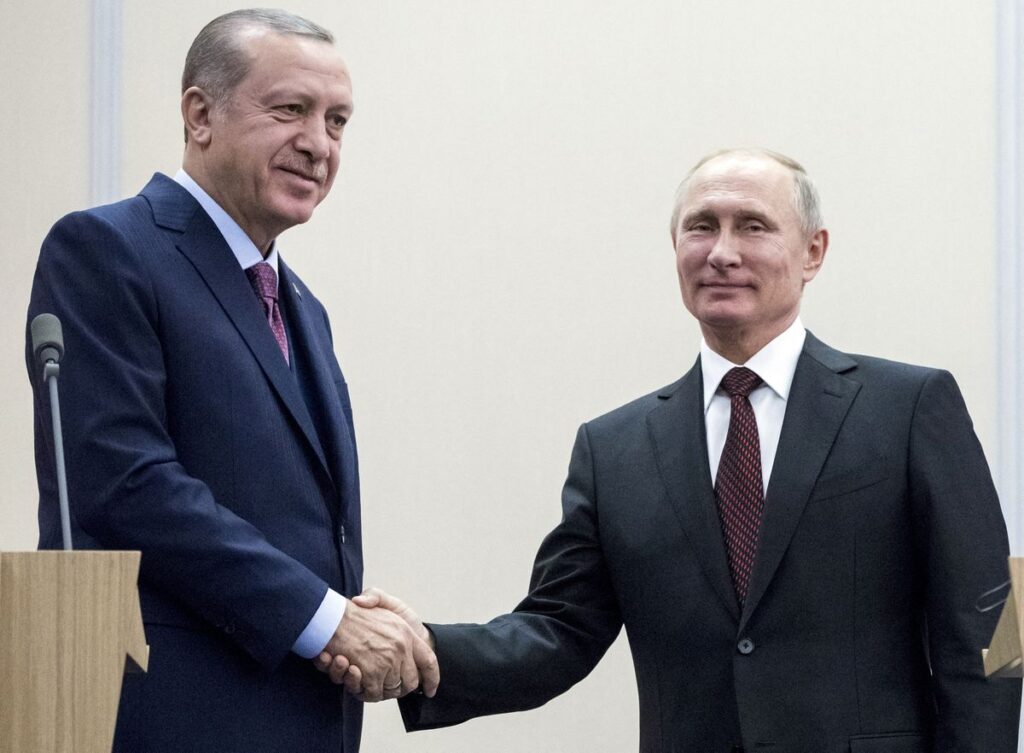
Erdoğan Forms Alliance with Turkish Hizbullah, Releasing its Prisoners … Here’s The Story …
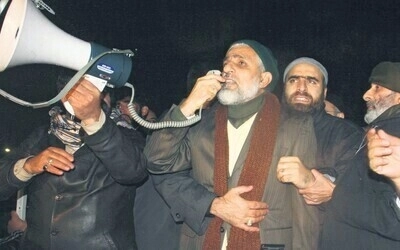
Turkish Education Ministry High School Textbooks Praise Jihad: ‘Allah Has Given The Good News Of Paradise To Those Who Make Jihad’; ‘All Actions, Including War, Done To Exalt The Name Of Allah Are Included In This Concept’ … Here’s The Story …
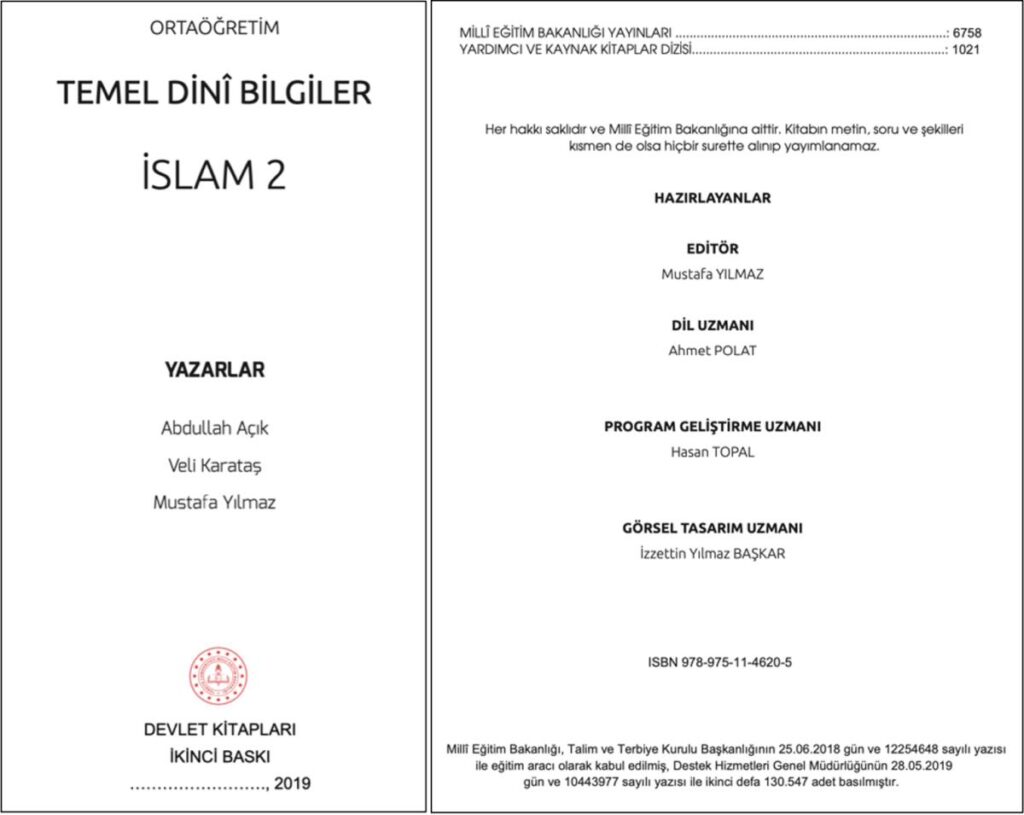
Turkey: Textbooks promote armed jihad, quote Muhammad, ‘paradise is under the shade of swords’ … Here’s The Story …
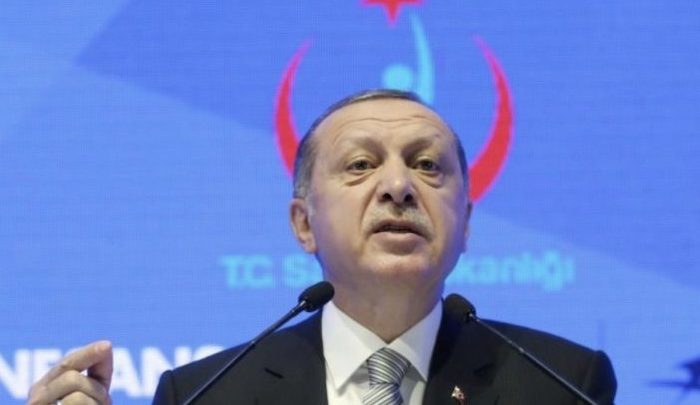
NEW POSTS
Radical Islam’s Propaganda Machine
Click or tap ➡️: Dabiq Magazine – #1
Click or tap ➡️: Dabiq Magazine #2
Click or tap ➡️: Dabiq Magazine – #3
Click or tap ➡️: Dabiq Magazine – #4
Click or tap ➡️: Dabiq Magazine – #5
Click or tap ➡️: Dabiq Magazine – #6
Click or tap ➡️: Dabiq Magazine – #7
Click or tap ➡️: Dabiq Magazine – #8
Click or tap ➡️: Dabiq Magazine – #9
Click or tap ➡️: Dabiq Magazine – #10
Click or tap ➡️: Dabiq Magazine – #11;
Click or tap ➡️: Dabiq Magazine – #12
Click or tap ➡️: Dabiq Magazine – #13
Click or tap ➡️: Dabiq Magazine – #14
Click or tap ➡️: Dabiq Magazine – #15
Remember …
MUSLIMS are not the problem.
ISLAM is the problem.
PLEASE FEEL FREE TO SHARE.

CLICK HERE TO MAKE A DONATION.

VOLUME 1: Issue 28
https://discerning-Islam.org
See COPYRIGHT information below

